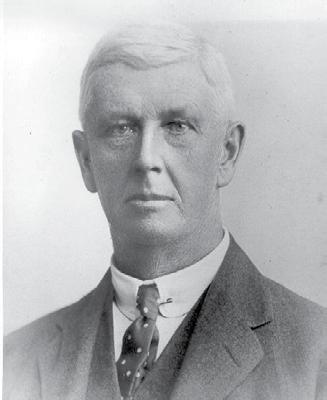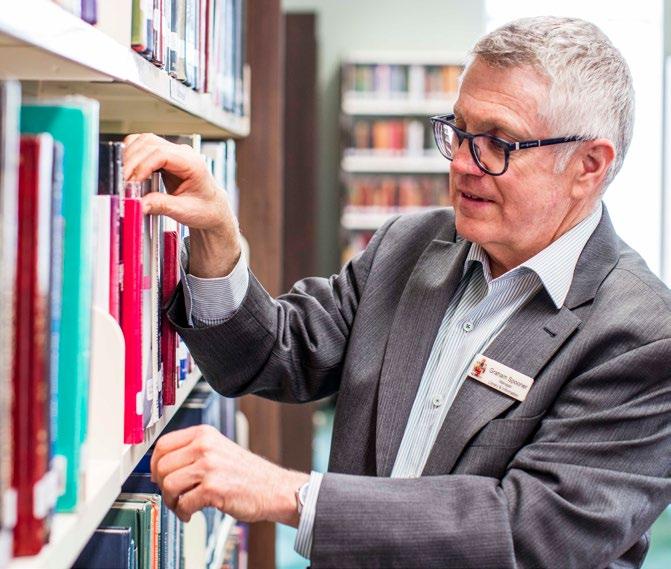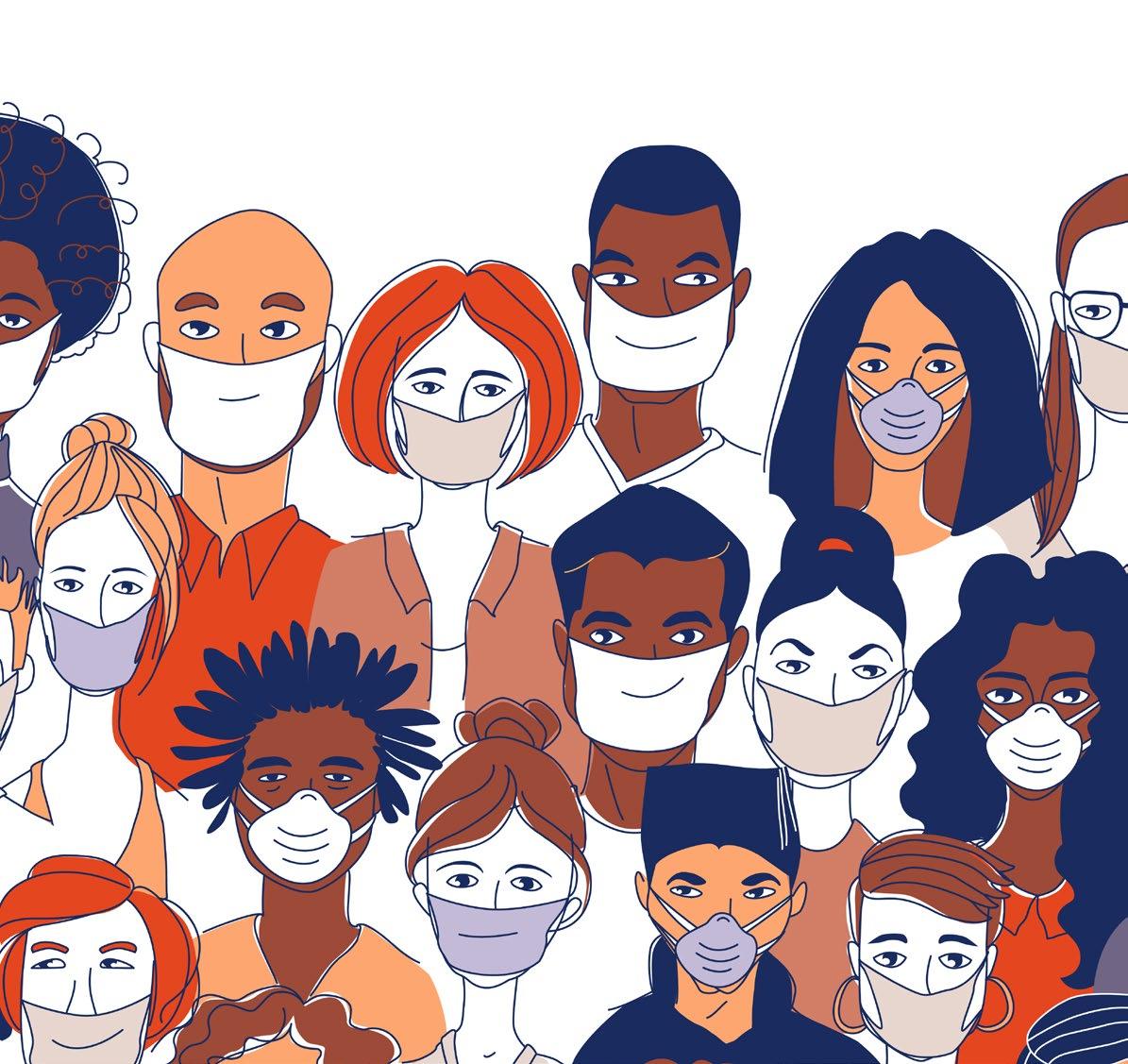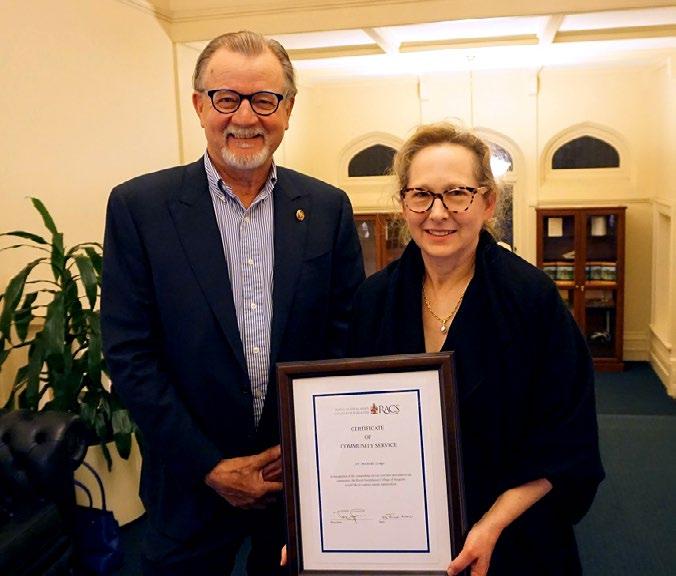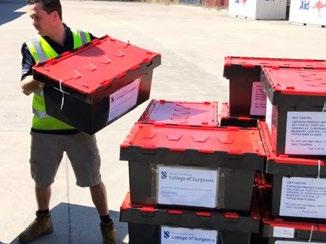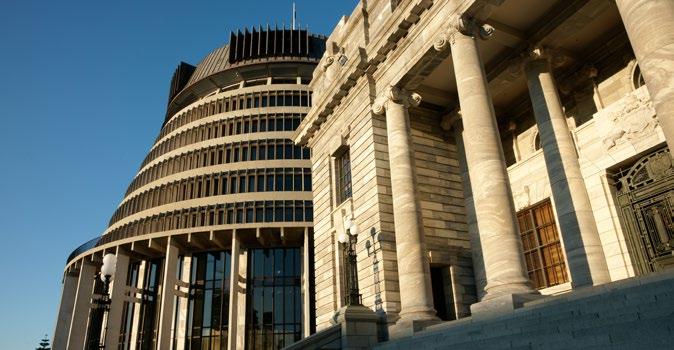10
Advocacy
New sustainability working groups active on many fronts Health sector must clean up its act As countries and continents locked down to contain the spread of COVID-19, remarkable pictures began to emerge of marine life visibly swimming through the usually murky waters of Venice. Elsewhere in the world, clear skies suddenly broke through in cities usually blanketed by smog and pollution haze. While COVID-19 has caused devastation for individuals, health systems and economies across the globe, it has conversely led to a noticeable improvement in the quality of our environment. In May, the Commonwealth Scientific and Industrial Research Organisation (CSIRO) predicted that global emissions would reduce by 7.5 per cent in 2020, compared with 2019, if countries remained in varying levels of lockdown until the end of the year. While the reduction in emissions has been possibly the only beneficial side effect of this pandemic, clearly we cannot rely on the temporary effects of a major health and economic catastrophe to meet our international agreements on climate change. Nor would we ever want to! Instead we must develop and implement the appropriate long-term policy measures right across our society. In our own backyard, health care is a major contributor to environmental damage. It is estimated health care is responsible for 7 per cent of greenhouse gas emissions, with hospitals contributing two thirds of that. It is a matter of human life: the World Health Organization estimates pollution causes 4.2 million deaths per year. Hospitals are also major users of energy and water and generate large amounts of waste. A single 700-bed hospital generates more than 1.5 million tonnes of waste per year, 25 per cent of that from theatres, with 77 per cent ending in landfill. The magnitude across Australia and New Zealand is hard to comprehend.
As surgeons, we can do much to change this. With greater need for personal protective equipment (PPE) during COVID-19, this waste production is now likely an underestimate. Gloves made of latex rubber are not eco-friendly. While many surgical masks are made of polypropylene, which provide some protection from bacteria, they are still plastic-based and liquid-resistant with a long afterlife once discarded. When they spill over from landfill, they end up in the ocean. It is estimated that by 2050 there will be more plastic in the ocean than fish. The Lancet Commission on Climate and Health has previously called for the healthcare community to take a leadership role in advocating for emissions reductions, and to critically examine its own activities with respect to the effects on human and environmental health. As an organisation, the Royal Australasian College of Surgeons (RACS) supported these calls and, in 2018, the College developed a position paper on the Environmental Impact of Surgical Practice. Earlier this year we formed the Environmental Sustainability in Surgical Practice Working Group (ESSPWG), and I am pleased to say we have achieved some early successes in our attempts to strengthen our advocacy work and profile in this area.
We must develop and implement the appropriate long-term policy measures
In April, the ESSPWG coordinated an important submission to the Commonwealth Royal Commission into Natural Disaster Arrangements (the Bushfire Royal Commission). I was then asked by the Royal Commission to participate in a videoconference consultation where I elaborated on our submission. The Commission subsequently released an issues paper for further comment, to which we provided another submission, highlighting issues such as the health impacts of bushfire smoke. In July, we responded to the Australian Government’s consultation ‘Australia’s Foreign Affairs, Defence and Trade policy in a post-pandemic world’. In our response we highlighted the risks to our region of failing to adopt stronger environmental policies and the consequences of failing to manufacture products for our own needs, such as PPE and ventilators. Most recently, we expressed our support for a letter sent to the Australian Prime Minister, co-signed by 10 specialist medical Colleges and organisations. The letter praised the Australian government for its handling of the COVID-19 emergency and urged a similarly proportional response to the climate change emergency. Government has a central role to play. For example, in the United Kingdom, the Climate Change

